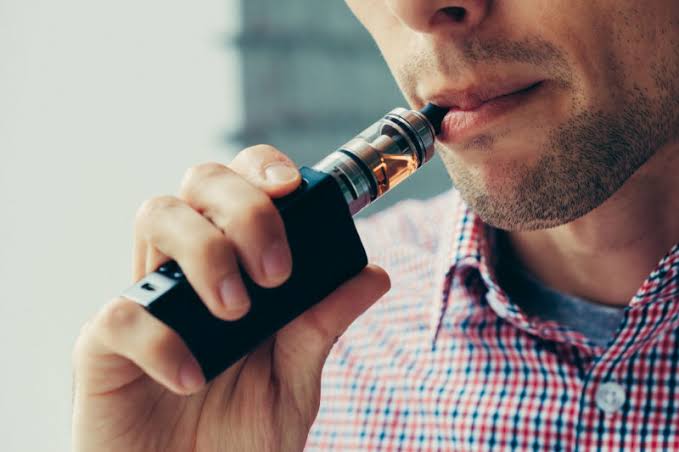For many business owners, the UK disposable vape ban wasn’t a normal policy shift; it was a sudden jolt. Retailers, distributors, and consumers are now facing a market transformed overnight, with revenue losses, compliance crackdowns, and new buying patterns reshaping the industry.
According to Serve Legal (2025), the first week following the ban resulted in a dramatic £5 million loss in vape sales nationwide. More troubling still, Serve Legal reported persistence of illegal disposable sales, exposing the compliance gap that regulators now struggle to close.
Why Have Disposables Been Banned?
Disposable vapes once held a dominant position in the UK market. By 2024, more than 30% of adult vapers were using them regularly, with usage even higher among younger adults aged 18–24 (ASH, 2024).
One of the government’s strongest arguments for the ban was environmental.
Disposable vapes contribute to an estimated five million devices discarded each week in the UK, many of them containing lithium batteries that leak into landfills (GOV.UK, 2025). Cutting this waste stream was necessary.
From a health policy standpoint, regulators argued that youth vaping rates were spiralling out of control, with disposables often the entry point for under-18s. The ASH survey data support this concern, showing that youth experimentation with disposables had doubled between 2021 and 2023. For policymakers, this presents a strong case for action aimed at reducing youth uptake.
Yet not all health researchers are convinced of the positive outcome of the ban. The BMJ (2025) cites a Future Health report warning that as many as 200,000 people could return to smoking due to the loss of accessible alternatives. This risk is most acute for individuals who rely on disposables as a low-barrier entry point into harm reduction.
The Economic Fallout
Serve Legal (2025) reported that shops lost around £5 million in vape sales in just one week after the ban. If that pattern continues, it could mean over £250 million lost in a year. Some of this loss might be balanced out by more people buying refillable devices, but the shift has not been smooth.
According to Jackson et al. (2025), young adults are moving to other vape kits in UK more slowly than expected, which means part of the market has simply disappeared.
For small independent vape shops, the problem is even bigger. Unlike supermarkets or online platforms, they depend heavily on walk-in customers and purchases of disposables. With disposables banned, many of these shops are struggling to find new ways to keep sales up.
The Action Elite (2025) previously reported that the UK vaping market had grown to £1.4 billion. However, this ban is shaping up to be a tougher challenge than any other rule changes the industry has faced so far.
How is the Market Shifting?
Retailers are now introducing alternatives to disposables with replaceable prefilled pods or charging cables. This unique anatomy ensures that the devices run longer than disposables. Products like the Hayati Pro Ultra Plus are the best legal options available today in the market.
The consumer shift may also yield indirect benefits. Surveys show that refillable users usually spend less over time than disposable users, yet they often report greater satisfaction due to wider flavour choices and the ability to customise nicotine levels (ASH, 2024). Over the long term, this could stabilise the market and reduce relapse risk if consumers are supported in making the switch.
Conclusion
The disposable vape ban is only the beginning of a broader regulatory trend. Industry analysts expect further restrictions on flavours, packaging, and nicotine concentrations as part of the government’s ongoing tobacco control agenda. For retailers, the lesson is clear: adaptability will be key.
Manufacturers are already innovating within compliance boundaries with Big Puffs and prefilled pod kits that almost work like disposables.
References
Serve Legal (2025). Impact of the Disposable Vape Ban on UK Sales.
UK Government (2025). Disposable Vape Ban Impact Assessment.
ASH (2024–2025). Use of E-Cigarettes Among Adults in Great Britain.
Jackson, C. et al. (2025). Disposable Vape Use Among Young Adults in Britain.
BMJ (2025). Future Health Report on Smoking Relapse Post-Ban.






